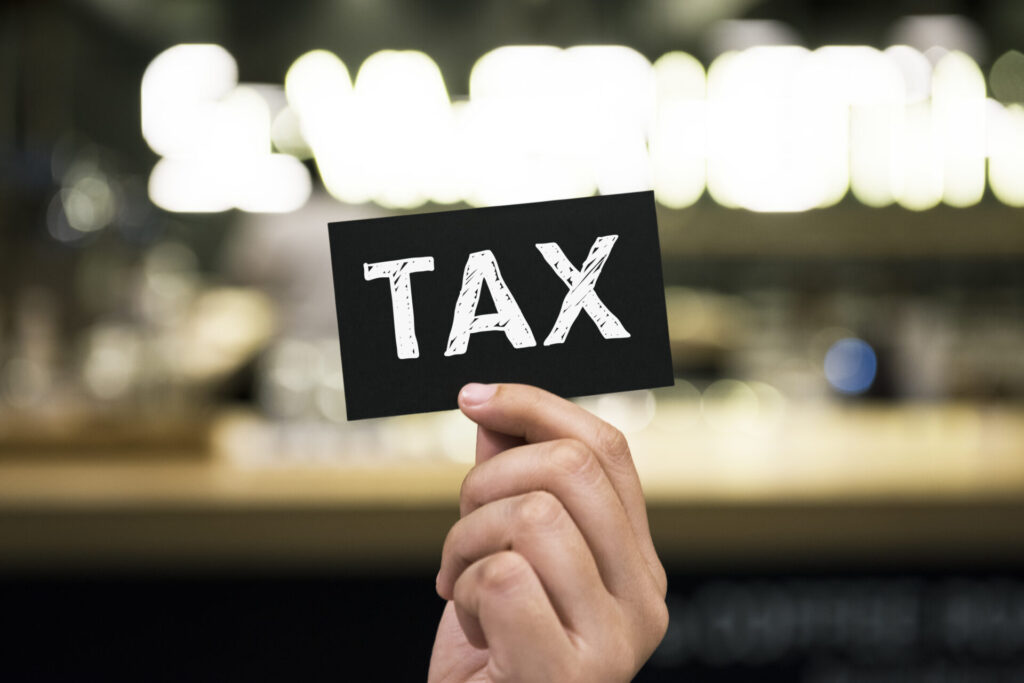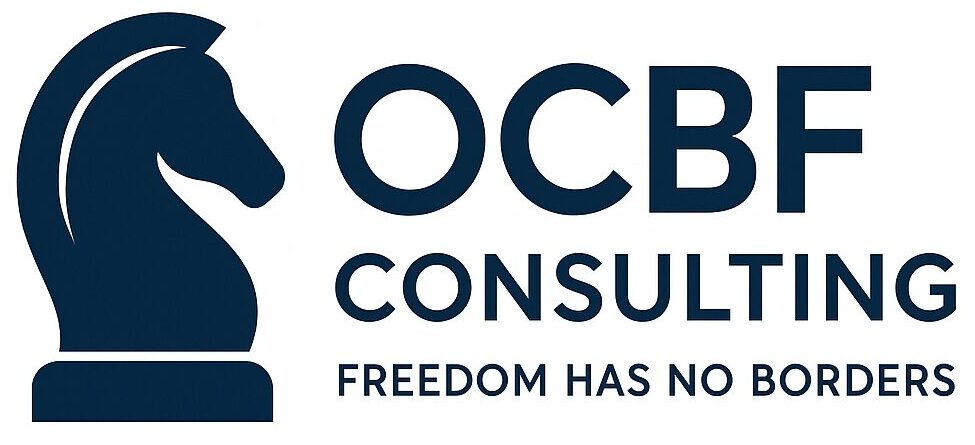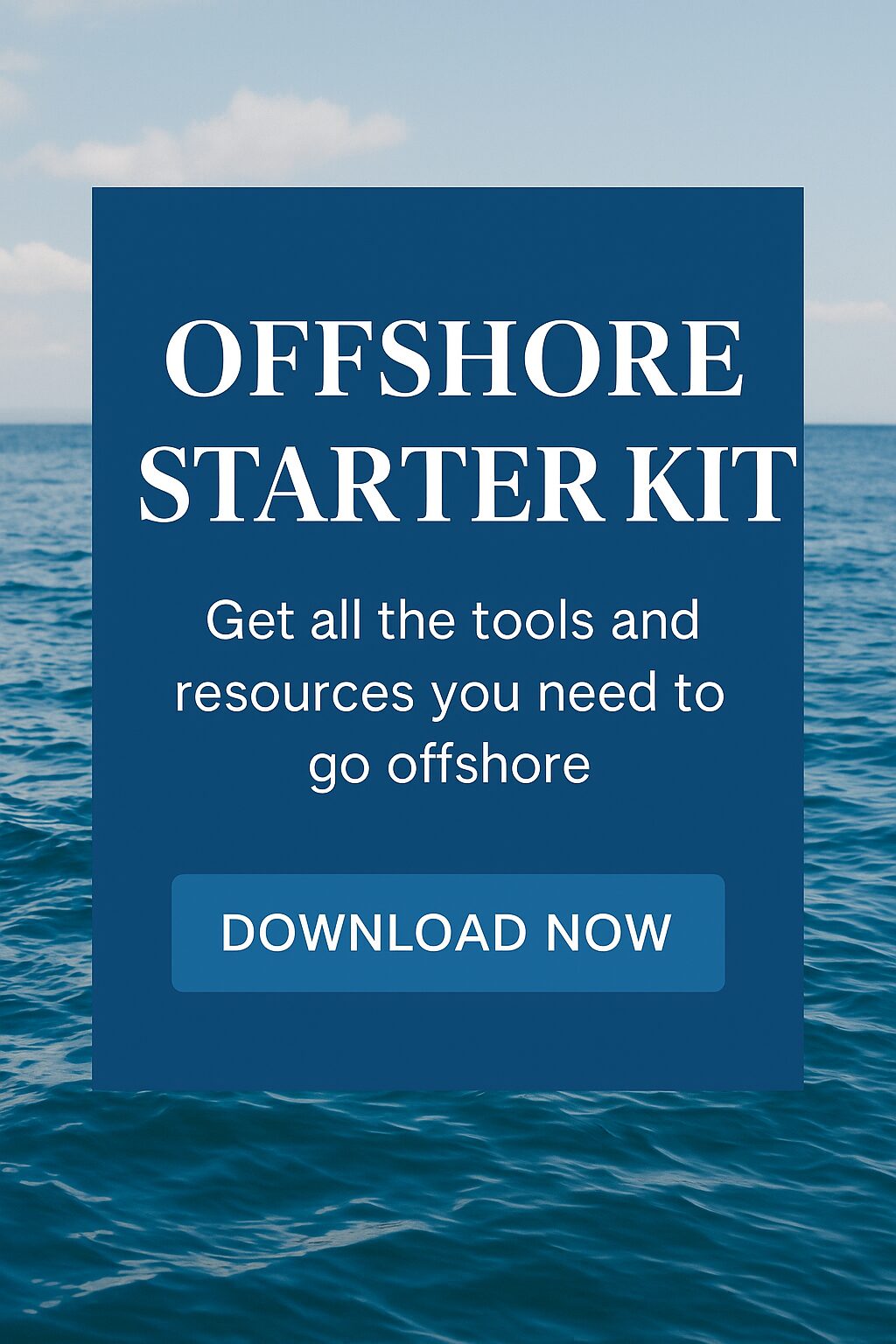When Daniel Meyers opened the thin white envelope from the IRS, he expected a refund confirmation.
Instead, he found a two-page letter politely reminding him that the agency knew about his account on a Swiss crypto exchange he’d forgotten even existed and that he still had FBAR, FATCA, and Crypto reporting duties.
It wasn’t an audit. It was a warning shot.
Meyers, a software engineer who’d moved to Lisbon during the pandemic, thought that storing a few thousand dollars in stablecoins overseas was harmless. “It wasn’t in a bank, and it wasn’t cash,” he said later. “How could it be reportable?”
The answer arrived in bold font halfway down the page: Foreign Bank Account Report (FBAR) non-compliance notice.
In 2025, the alphabet soup of offshore disclosure—FBAR, FATCA, and now CARF—has finally caught up with crypto. What began as a niche debate about digital assets has become a global exercise in transparency. The message is unmistakable: the blockchain may be borderless, but tax jurisdiction isn’t.

The Alphabet Soup of Transparency
Before crypto, offshore finance ran on paperwork, not protocols.
The U.S. Treasury created FBAR in the 1970s to track citizens hiding money abroad, long before anyone imagined digital tokens. It requires U.S. persons to report any foreign financial account whose aggregate balance exceeds $10,000 at any point in the year.
Then came FATCA—the Foreign Account Tax Compliance Act—born from the 2008 financial crisis and a series of Swiss banking scandals. FATCA forced financial institutions worldwide to report their American clients to the IRS, effectively deputizing the world’s bankers as tax informants.
For a while, crypto sat outside this regime, living in a regulatory twilight. But not anymore.
2025: The Year of Clarity
After years of speculation, 2025 is the turning point. FinCEN’s long-awaited rule—first proposed in 2020—will officially include foreign crypto accounts within FBAR reporting requirements. The rule clarifies that “digital asset accounts maintained with a foreign exchange or service provider” are reportable just like any offshore bank account.
At the same time, the OECD’s Crypto-Asset Reporting Framework (CARF) will start rolling out globally, modeled on FATCA but designed specifically for digital assets. And back home, the IRS’s boosted enforcement budget is funding an entire Digital Asset Compliance team.
“Digital assets are foreign accounts in every sense that matters,” one IRS official remarked during a 2024 conference. “The technology changed—the obligation didn’t.”
What Triggers FBAR Reporting for Crypto
The FBAR threshold—$10,000 in aggregate foreign accounts—sounds simple until you apply it to crypto. The key phrase is foreign financial account, and FinCEN now interprets that broadly.
If you hold crypto on a foreign exchange—say, Binance, Bitstamp, or Bitfinex—you’re deemed to have a foreign account. Even if the platform is cloud-based, its registration country and compliance center define its jurisdiction.
That means:
- A U.S. citizen using a non-U.S. exchange or custodial wallet must include that account in their annual FBAR filing.
- A foreign-issued crypto debit card that stores digital assets abroad may count as a reportable account.
By contrast, self-custodied wallets—where the individual controls the private keys—aren’t considered foreign accounts, at least not yet. Nor are assets on U.S. exchanges such as Coinbase, Kraken, or Gemini.
The Offshore Banking Quick Start Guide is a 70+ page, no-fluff blueprint that takes you from “I don’t know what to do” to submitting a bank-ready offshore application with confidence.
Get the Offshore Banking Quick Start Guide ($9)
Still, the IRS has made one thing clear: when in doubt, disclose. The penalty for over-reporting is zero. The penalty for failing to report can be ruinous.

FATCA and the Global Dragnet
If FBAR is the Treasury’s microscope, FATCA is the global radar.
Under FATCA, any U.S. taxpayer with more than $50,000 in foreign assets must file Form 8938 with their tax return. And foreign financial institutions—banks, brokers, and now crypto exchanges—must identify and report U.S. clients or face withholding penalties.
In practice, that means FATCA is everywhere. A Singaporean exchange onboarding a new customer must screen for U.S. citizenship. A Swiss custodian holding Ethereum for a Delaware LLC must ask for W-9 forms.
Even more striking, the IRS’s draft 2025 instructions for Form 8938 now explicitly include “digital assets held with foreign entities” under reportable items.
The overlap between FBAR and FATCA is intentional.
- FBAR reports to FinCEN (via Form 114).
- FATCA reports to the IRS (via Form 8938).
Miss either, and the government has two agencies ready to remind you.
The Global Net Tightens – FBAR, FATCA, and Crypto Reporting
For years, crypto investors found refuge in the fact that exchanges weren’t part of traditional banking networks. That loophole is closing.
The CARF—Crypto-Asset Reporting Framework—replicates FATCA’s logic on a multilateral scale. Over 50 jurisdictions, from Switzerland to Singapore, have agreed to begin collecting and exchanging crypto-account data by 2026. The EU, through its DAC8 directive, is integrating CARF obligations directly into its law.
Under CARF, any crypto exchange, broker, or wallet provider must:
- Identify clients’ tax residencies.
- Collect KYC data matching global standards.
- Report account balances, transaction values, and wallet addresses to local authorities for exchange.
The U.S. isn’t part of CRS or CARF directly, but its FATCA treaties already provide indirect access to much of that information.
What was once a borderless ecosystem is rapidly being hardwired into tax databases.

The Grey Zone: DeFi and Self-Custody
For all the progress, the law still lags behind technology. The murkiest area remains DeFi—decentralized finance platforms that run without traditional intermediaries.
Who is the “account holder” in a liquidity pool? Who “owns” the funds staked in a smart contract controlled by a DAO registered in the British Virgin Islands?
Current U.S. guidance suggests that self-custodied wallets aren’t reportable unless a foreign entity has control or management authority. But regulators are watching closely. A 2024 Treasury brief hinted that “offshore-managed protocols” could fall under reporting obligations if users entrust funds to a non-U.S. operator.
The Offshore Banking Quick Start Guide shows you exactly what documents to prepare, how to structure your KYC packet, and how to present yourself as a low-risk, highly bankable client.
Download the Guide ($9)
NFTs, staking rewards, and wrapped tokens add even more complexity. Are they assets, securities, collectibles—or foreign accounts? The answer, for now, is “all of the above, depending on the facts.”
As one tax attorney put it, “The IRS doesn’t need your private key to prove ownership; the blockchain already does.”
Penalties and Enforcement: The Numbers that Matter
The government’s patience is thin, and its penalties are steep.
- FBAR: Up to $10,000 per non-willful violation, and for willful violations, the greater of $100,000 or 50% of the account’s value.
- FATCA: A $10,000 base fine for failing to file Form 8938, plus up to $50,000 in continuing-failure penalties.
- Criminal penalties can apply for deliberate concealment or falsified statements.
One California expat learned the hard way in 2023 when the IRS fined him $340,000 for undeclared offshore forex accounts—none of which involved crypto. His attorney later admitted: “If he’d added a wallet, it would’ve been double.”
FBAR, FATCA, and Crypto Reporting – How to Get Compliant (Without Losing Your Mind)
For U.S. taxpayers holding crypto abroad in 2025:
- Inventory all foreign exchange and wallet accounts; document balances in U.S. dollars as of December 31.
- File FBAR (FinCEN Form 114) if total foreign balances exceed $10,000.
- File FATCA Form 8938 if foreign assets exceed $50,000 (single) / $100,000 (joint).
- Report income from staking, yield, or disposals on Schedule D of your Form 1040.
- Seek professional help if prior years were missed—the IRS’s Streamlined Offshore Procedures can still mitigate penalties for voluntary disclosures.
A little paperwork now can save a small fortune later. The government’s stance is simple: better late and honest than invisible and caught.
The Global Ripple Effect
The U.S. may lead, but it’s no longer alone.
- The UK’s HMRC joined the CARF initiative and now exchanges crypto-account data under its own digital-asset reporting regime.
- Australia and Canada have amended tax treaties to include digital assets.
- The EU’s DAC8 is scheduled to enter force in 2026, forcing every exchange serving Europeans to disclose account data.
Even traditional offshore centers—Cayman, BVI, and the Isle of Man—are aligning their laws to avoid blacklisting. Privacy, once a competitive advantage, is becoming a liability.
The Privacy Paradox
All this transparency comes with a price. Crypto was born from rebellion—an escape from the surveillance of traditional finance. Offshore planning, too, once existed to protect lawful privacy from overreaching states.
Now both worlds face the same question: How much visibility is too much?
For enforcement agencies, data sharing is progress—closing loopholes, fighting laundering, and protecting revenue. For individuals, it feels like the slow evaporation of financial autonomy.
As one veteran blockchain developer told me, “Crypto was supposed to free us from intermediaries, not hand us back to them in a new form.”
The tension won’t disappear. Every advance in transparency deepens the argument over privacy—and every crackdown fuels new innovation in anonymity.
The arms race continues.
The Bigger Picture: From Anonymity to Legitimacy
FATCA and FBAR were born from the belief that what’s hidden is illicit.
Crypto, in contrast, was built on the belief that what’s private can still be legitimate. Their collision in 2025 is the inevitable result of two competing ideologies.
Compliance doesn’t kill crypto—it normalizes it. As the industry matures, the next generation of exchanges, custodians, and wallet providers will look more like financial institutions than renegade start-ups. For serious investors, that may be a fair trade-off.
The smart ones aren’t running from regulation anymore; they’re getting ahead of it.
The blockchain never forgets—and now, neither do tax authorities.
In the new era of crypto transparency, offshore doesn’t mean unseen.
It simply means reported—through a smarter, faster, global system that finally speaks the language of code.










